
In the midst of the raging war in Ukraine, Washington’s attention is understandably focused on maintaining robust Western support for Ukraine’s valiant effort to thwart Russia’s aggression and expel it from its territory. The setbacks of Ukraine’s ongoing counteroffensive have made it clear that victory will not come soon, if at all. A long war of attrition lies ahead.
But the conflict will eventually end, and the United States will remain faced with the question of Russia. Win, lose, or draw, Russia is not going to disappear as a major challenge.
Despite some Western pundits’ breathless predictions, the chances of Russia’s breaking up as a consequence of the war are negligible. Unlike the Soviet Union in its agony, Russia is held together by powerful centripetal forces, including patriotism and xenophobia, supply chains and critical infrastructure, not to mention the powerful security services that want to draw on the resources of the entire country. Although there are substantial minorities, notably the Tatars in the Volga region, and whiffs of separatism, the country remains overwhelmingly ethnic Russian, and countries that are ethnically homogenous rarely, if ever, break up from internal causes.
Likewise, defeat in Ukraine might exacerbate domestic tensions, but it will not spark a democratic breakthrough, as some pundits hope. The Kremlin has eviscerated the democratic opposition in the past few years, imprisoning its leaders or driving them into exile and systematically dismantling its country-wide political networks.
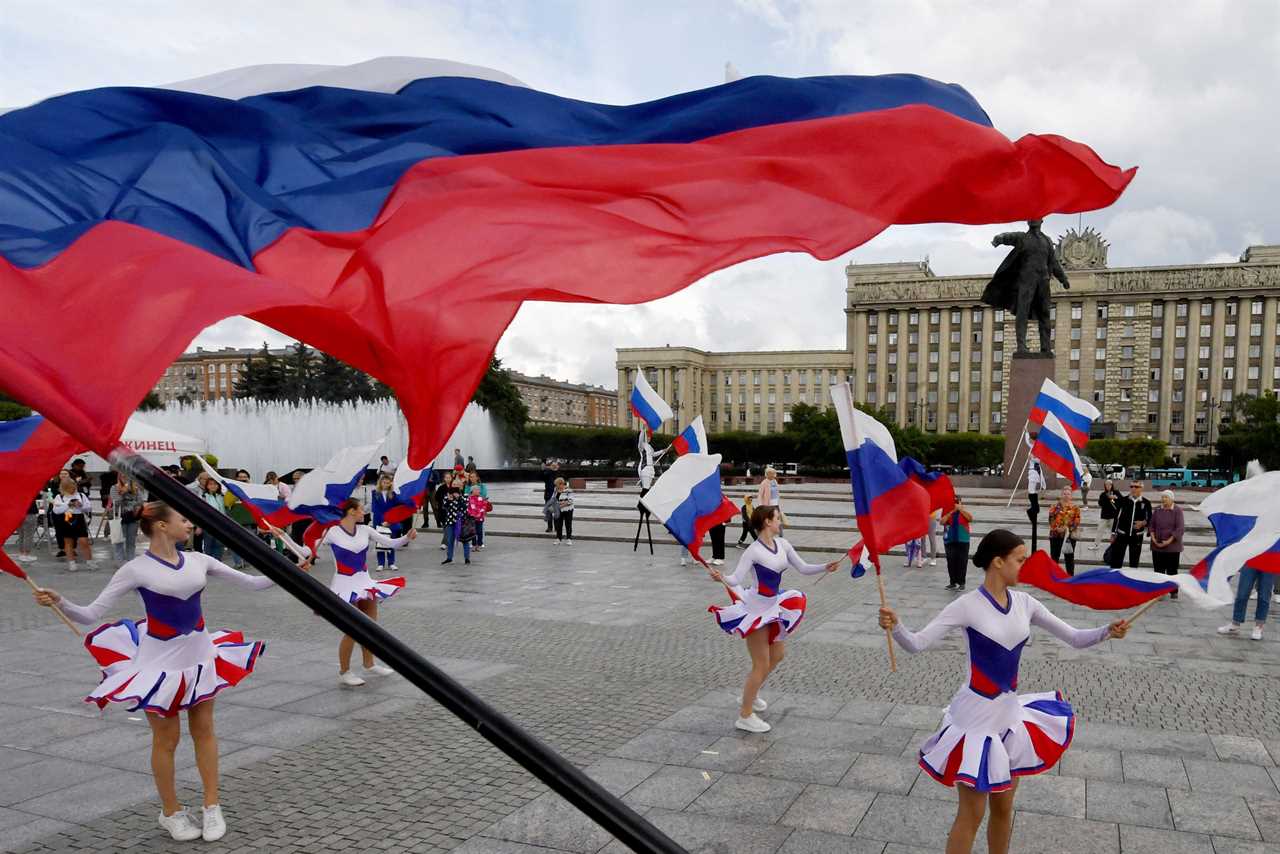
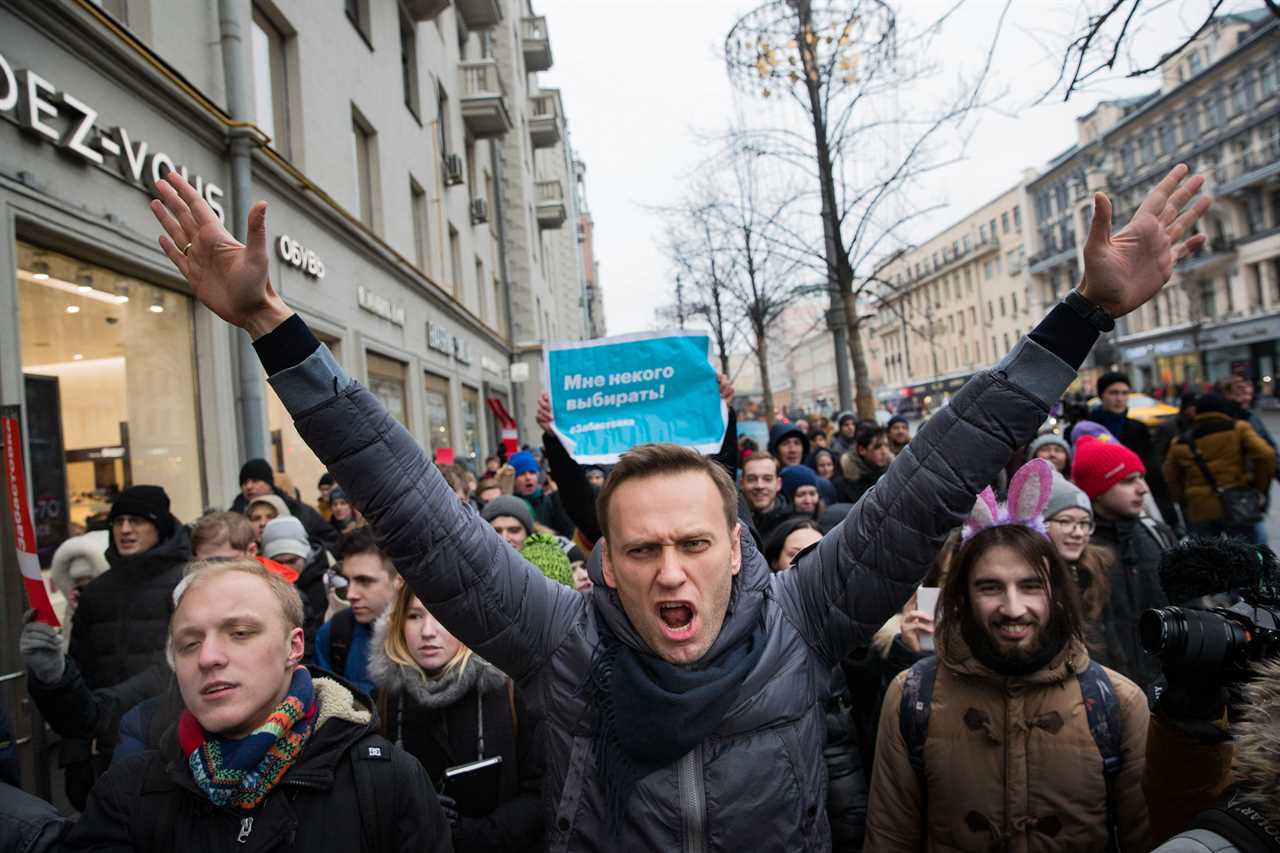
Barring extraordinary developments, post-conflict Russia, with or without Vladimir Putin at the helm, is most likely to be some recognizable version of its historical self, authoritarian in domestic structure, expansionist in impulse, economically and technologically lagging, yet determined to play the role of a great power. This Russia will be a U.S. rival, as it has been since the United States emerged as a global power at the very end of the 19th century, with clashing geopolitical ambitions and an opposing worldview.
And this Russia will still matter. Because of its large nuclear arsenal, cyber and space capabilities, and military potential, it will continue to be a key factor in strategic stability. Any code of conduct for cyberspace would be incomplete if it did not include Russia. Retarding the spread of weapons of mass destruction and containing Iranian and North Korean nuclear ambitions will require U.S.-Russian cooperation.
Russia will also remain a critical component of European security. The immediate question is whether Europe’s security architecture needs to be redesigned to protect the continent from Russia over the long term, or whether it might prove possible to build that architecture in cooperation with Russia once the acute phase of the war in Ukraine has passed. But either way, Europe will not escape the conundrum it has faced for at least 200 years: How to manage relations with a huge country to the east that is alien in spirit but central to the continent’s security.
At the same time, Russia’s long coastline and extensive continental shelf make it a key player in the Arctic’s future, as rapid warming opens it up to exploration and development of its vast natural resources and lucrative maritime trade, while sparking geopolitical competition.
Elsewhere, Russia’s role will be less prominent, but still important to U.S. interests. In the Middle East, constructive relations with all the region’s major powers — Egypt, Iran, Israel, Saudi Arabia and Turkey — give Russia influence over the regional balance of power. Its ties with Saudi Arabia will decisively shape global oil markets. And its military bases in Syria will enable it to project power into the Eastern Mediterranean.
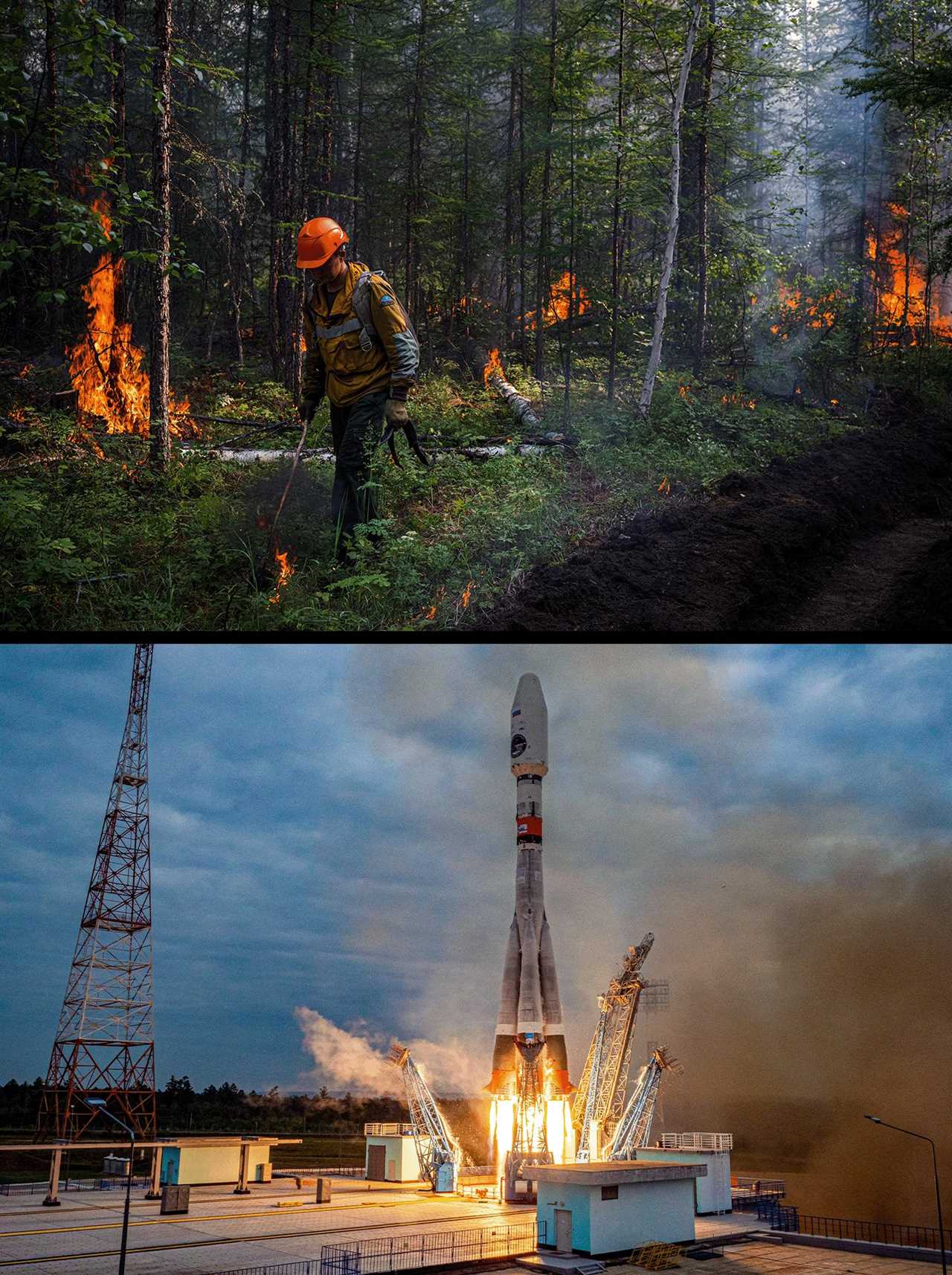
In the Indo-Pacific region, Russia’s vast, mineral-rich, sparsely populated territories could help fuel China’s dynamic economic growth, while its relations with other key regional actors, such as India, Japan and South Korea, could help constrain Chinese ambitions.
Finally, with regard to transnational challenges, as one of the top four emitters of greenhouse gases, Russia is an unavoidable partner in mitigating the risks of climate change. With a rich history in vaccine development, Russia could also be a major player in dealing with deadly pandemics.
In short, the United States will not be able to ignore Russia. But, contrary to current thinking in Washington today, the challenge is not to contain Russia. Instead, we need to figure out how to harness its power for American purposes in the global arena.
The three tasks that have defined relations with Russia for the past half-century or more should continue to inform American policy. First is the pursuit of peaceful coexistence to reduce to the minimum the risk of a nuclear cataclysm — an imperative for the two rivals that together control close to 90 percent of the world’s nuclear weapons. Second is the responsible management of the inevitable competition to avoid a direct military confrontation which could escalate to nuclear war, especially in Europe, the Middle East and the Arctic, where Russia plays prominent roles. And third is mutually beneficial cooperation to meet urgent transnational threats, such as climate change, the proliferation of weapons of mass destruction, international terrorism and pandemics, among other things. In current circumstances, a fourth should be added: structuring relations with Russia to best position the United States to deal with its major strategic rival, China.
To accomplish those tasks, Washington should bear in mind two considerations that run counter to today’s conventional wisdom.
To start, while there is good reason to seek to weaken Russia so that it lacks the capacity to invade any European country, seeking to cripple the Russian economy actually jeopardizes American interests. As Washington understood during the final days of the Soviet Union, it needs a Russia strong enough to reliably control its arsenal of weapons of mass destruction, the vehicles to deliver them, and the materials and knowledge to build them. Russia should also be strong enough to govern its own territory effectively and to prevent severe domestic instability, which would inevitably spill over into neighboring regions. And it should be strong enough to negotiate and implement agreements to reduce the production of greenhouse gases and to mitigate the damaging consequences of the Arctic’s rapid warming.
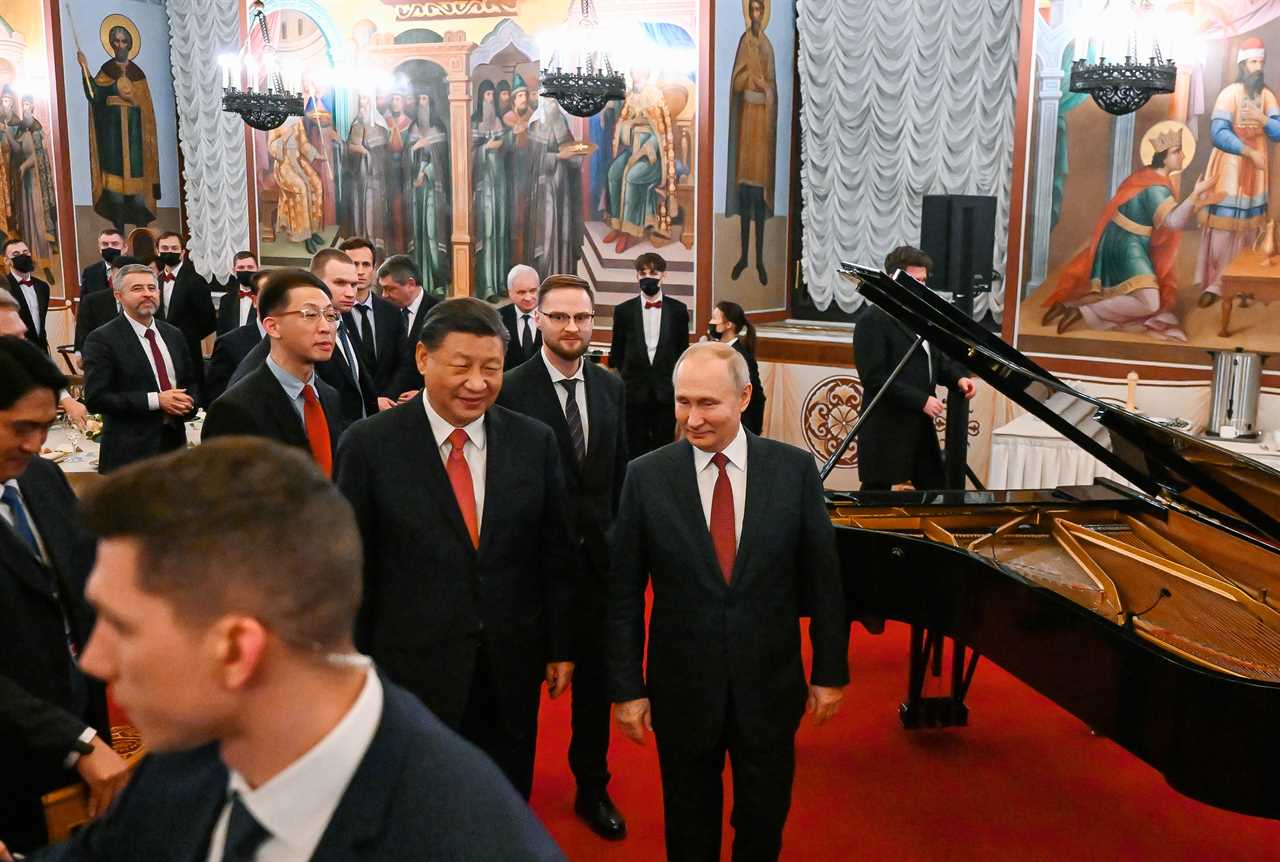
More controversially, Washington has an interest in a Russia strong enough to play a role in sustaining stable regional balances of power along its long periphery in Eurasia. An overly weak Russia would enable China to gain effective control of Russia’s natural resources, especially in the Russian Far East, thus substantially enhancing its own power at little cost. A weak Russia would also jeopardize stability in the Arctic and reliable management of the Northern Sea Route, while encouraging a greater Chinese presence, to America’s detriment. And, ironically, a weak Russia would threaten to erode the West’s unity, which is preserved to a great degree by a continuing fear of Russian power, as we have seen since Russia’s invasion of Ukraine.
Second, while Russia has long since lost the centrality it once had in American foreign policy, Washington still needs to engage it in a serious fashion. Russia’s own conduct has made it an outcast in the Western world, but turning it into an international pariah and isolating it diplomatically will ultimately make it impossible to advance American interests on such top issues as strategic stability, European security and climate change. As the acute phase of the war in Ukraine abates, Washington should slowly restore severed channels of communication. But it should also bear in mind that most of the issues of concern in relations with Moscow are no longer strictly bilateral; their management or resolution requires multilateral effort. For that reason, bilateral relations need to be embedded in a multilateral framework. Deft management of relations with other countries will thus become a critical factor in managing relations with Russia.
Three issues will dominate U.S. relations with Russia in the years ahead: Strategic stability, European security and China.
Strategic Stability: The era of strategic stability based on an interlocking set of U.S.-Russian bilateral nuclear arms control treaties has ended irretrievably. The strategic landscape is rapidly becoming ever more complex and multipolar. China’s expansion and modernization of its nuclear arsenal mean that any future nuclear arms control agreement will have to be trilateral, at a minimum. Technological advance — artificial intelligence, precision-guidance systems — enlarge the sphere of strategic weaponry, while the proliferation of missile technology and cyberweapons multiply the number of countries that can impact the strategic equation.
In this environment, strategic stability will have to be based on a network of bilateral and multilateral arrangements, understandings and codes of conduct and unilateral initiatives. No two states have deeper experience in conceptualizing strategic stability than Russia and the United States. Their joint efforts will be critical to developing a future framework for it.
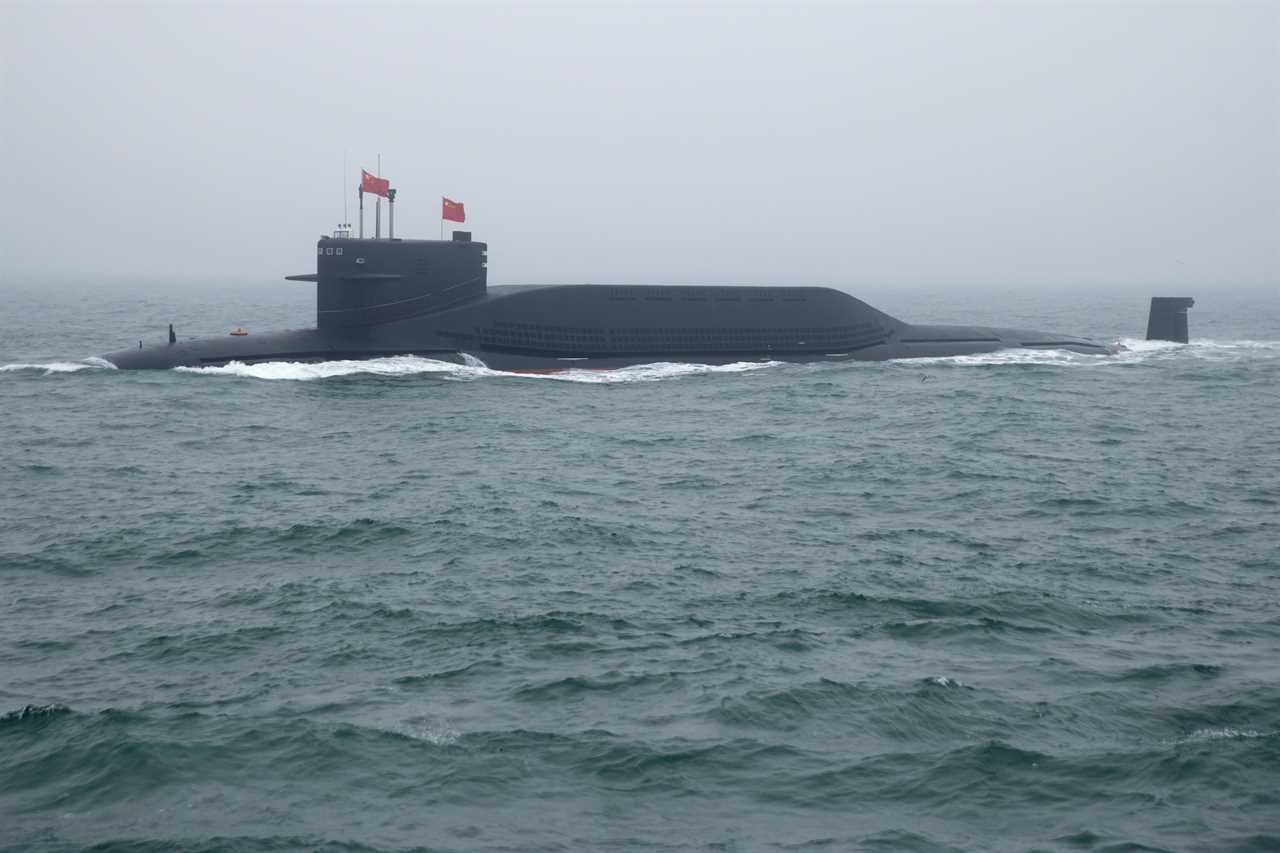
European Security: The major challenge will be reconciling Russia to a situation in which for all practical purposes it is no longer inside Europe but rather compelled to deal with a more or less politically consolidated Europe. In Moscow’s view, that arrangement denies it the strategic depth it has seen as essential to its security and creates on its borders a state-like entity that dwarfs it in population, wealth, and power potential, much as the United States does today. The great irony of course is that it is precisely Russia’s invasion of Ukraine that accelerated movement toward this outcome.
How could the West reconcile Moscow with these arrangements? Arms control and confidence-building measures akin to those developed during the Cold War to ease tensions along the long NATO-Russia frontier would be critical. Strong consultative mechanisms would also be essential. The NATO-Russia Council and the EU-Russian Partnership and Cooperation Agreement obviously did little to retard serious deterioration in relations; the Organization for Security and Cooperation in Europe slowly became a point of contention rather than a platform for building consensus. But Moscow would likely see greater utility in consultations with NATO and the EU, if Europe had some strategic autonomy and the EU had a higher profile in security matters. At a minimum, Moscow could tell itself that it is no longer dealing with a “collective West” run by a single center, Washington — a situation that would open up more room for bargaining.
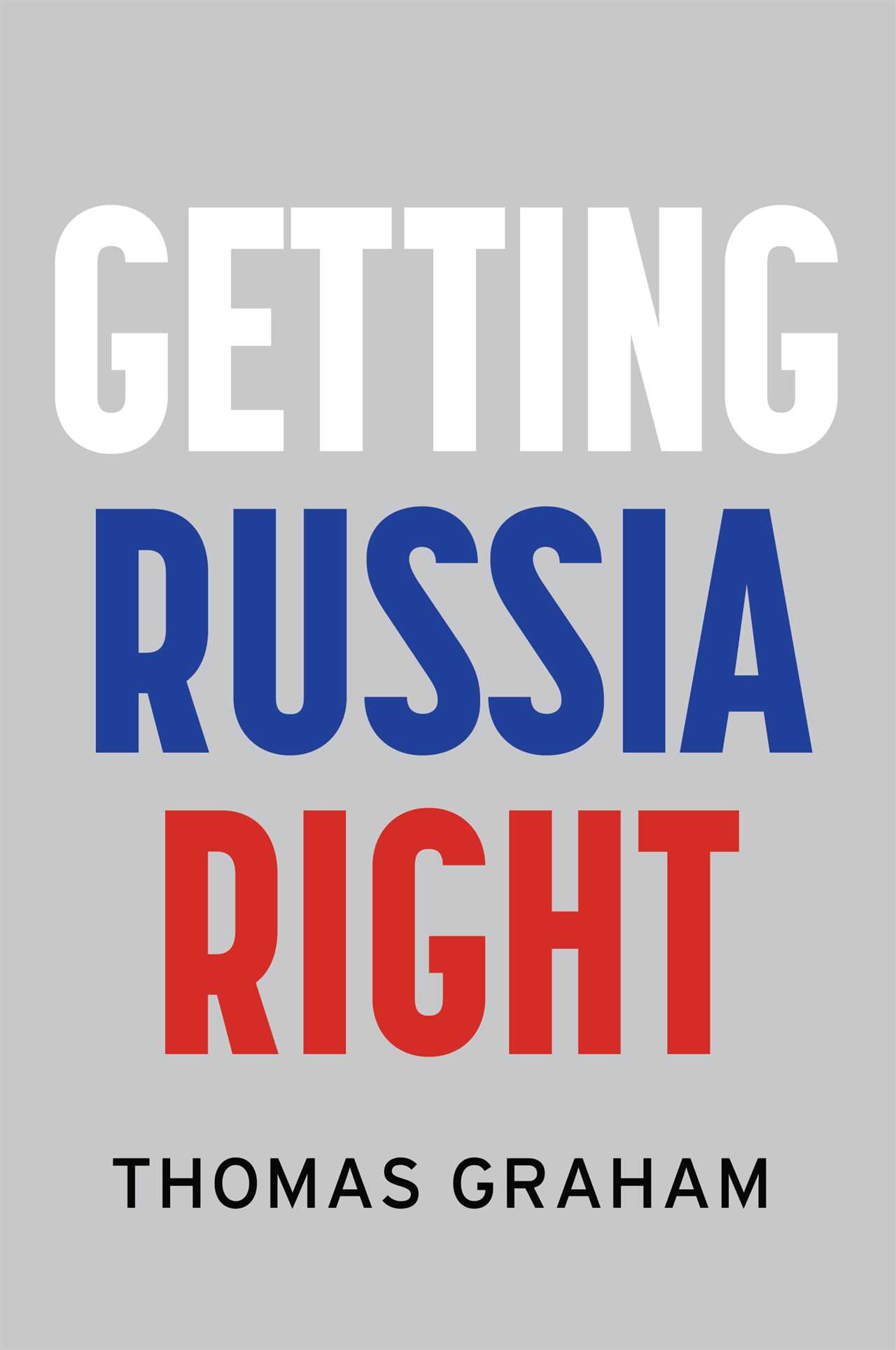
China: Despite Russia’s current close strategic alignment with China, underlying frictions could resurface quickly as China’s rapid economic growth and technological advance widen the gap in power between the two countries, and Beijing’s geopolitical ambitions further encroach on Russia’s influence in the former Soviet space. Russia is already hedging against an excessive reliance on its giant Asian neighbor, in part by seeking to embed it in multilateral forums that constrain its ambitions, such as the Shanghai Cooperation Organization and the BRICS.
This growing asymmetry provides the United States with an opportunity to attenuate Russia’s strategic alignment with China, as Russia seeks to maintain its much-valued strategic autonomy. The guiding principle should be to provide Russia with alternatives that enhance its bargaining position and ensure that deals, both political and commercial, tilt less favorably toward Beijing. A first step would be normalizing diplomatic relations as soon as the situation in and around Ukraine provides an opening, and easing sanctions in a way that would enable Western companies to cooperate with Russian firms in regions of interest to China, such as Central Asia, the Russian Far East and the Arctic. Such moves would demonstrate that Russia has promising options other than excessive reliance on China.
No matter what happens in Ukraine, the United States is not about to rid itself of Russia. Even when seemingly weak, Russia has an uncanny ability to make its presence felt on the global stage, and opportunities to do so will multiply as the U.S.-led world order comes under increasing stress and slowly gives way to a new one in which power will be more diffused.
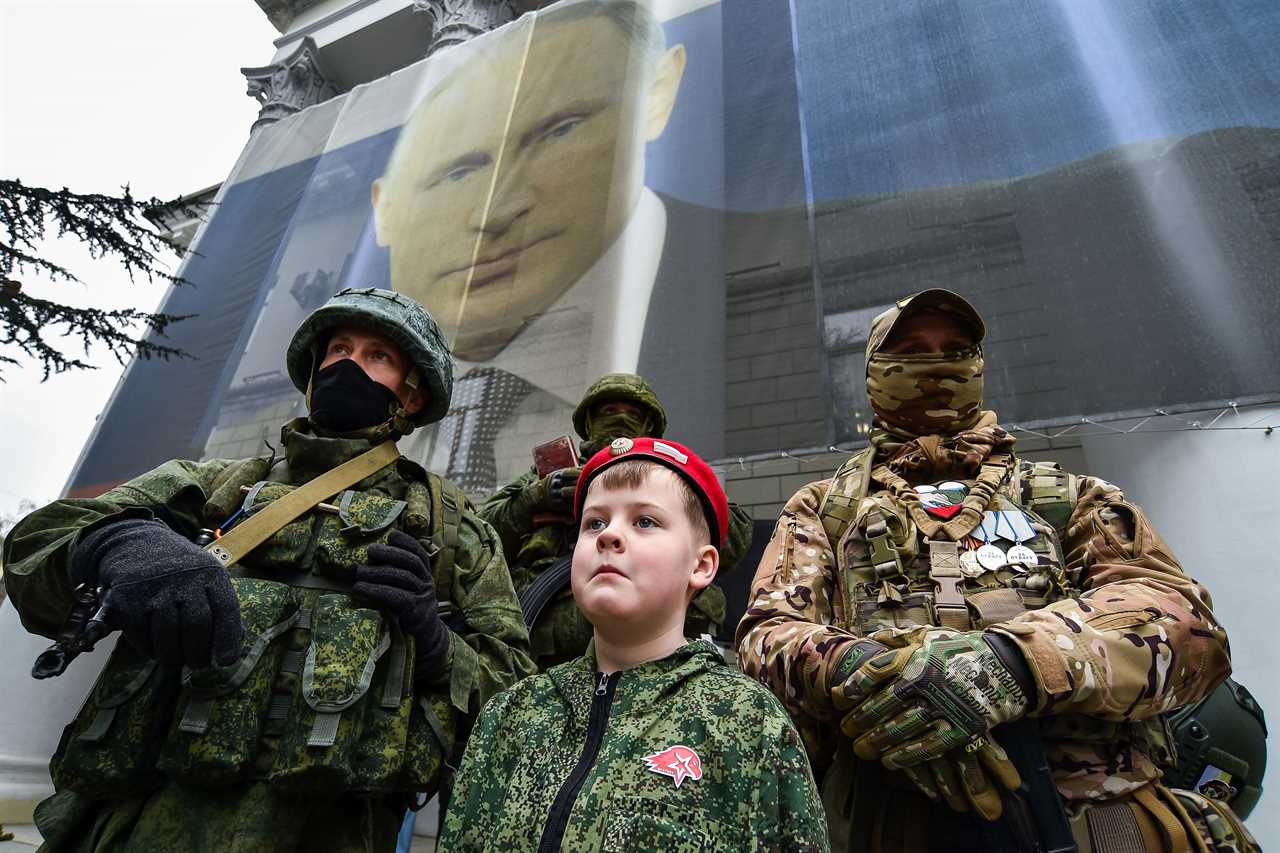
In this emerging order, the challenge for the United States is not to defeat Russia, as much of the American foreign policy establishment would now have it, but rather to skillfully exploit relations with a rival to construct a new global equilibrium that advances American interests.
To do that, the United States needs to see Russia plainly and without sentiment. Getting Russia right, as so often in the past, still remains critical to America’s future.
----------------------------------------
By: Thomas Graham
Title: Win, Lose or Draw in Ukraine, Russia Will Survive. We Need to Be Ready.
Sourced From: www.politico.com/news/magazine/2023/10/15/thomas-graham-russia-ukraine-00121247
Published Date: Sun, 15 Oct 2023 06:00:00 EST
Did you miss our previous article...
https://consumernewsnetwork.com/politics-us/dean-phillips-calls-new-hampshire-dems-when-primary-talk-heats-up






